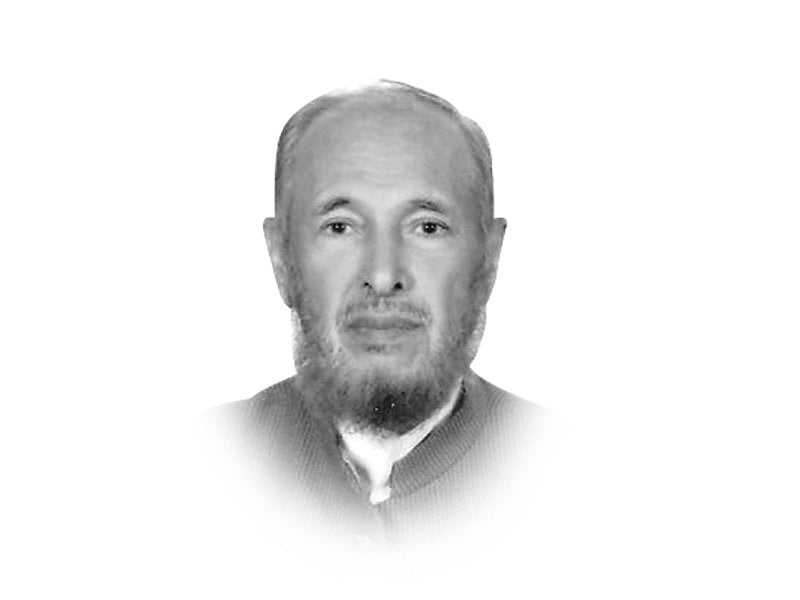
In his statement at the White House on this occasion, President Barack Obama made an oblique reference to the exchange of prisoners as a prelude to wider engagement with the Taliban that can lead to a lasting peace.
For Americans, the bitter truth that has emerged from the longest war in their country’s history is that there can be no clear winners in this conflict that has cost US taxpayers an astounding amount of capital — up to $1 trillion! Any scheme that does not incorporate the Taliban would not deliver lasting peace in the country. The US ought to realise sooner than later that any peace formulation that assumes and accepts the validity of the current American narrative is intrinsically flawed — a narrative that relies on the strength of the current Afghan institutions like the Constitution, Parliament and elections. The assertion that anyone who wishes to make peace has to accept the institutions crafted while the country was ‘under foreign military occupation’ as is so often alleged by the Taliban, holds no legitimacy in the eyes of the resistance. Equally, the Taliban have to shed the notion of any ‘exclusive’ government or one that does not either reflect the aspirations of the broad majority of the Afghan people or relies on the ‘right’ of a few members of a coterie to govern a multi-ethnic country of 29 million.
The basis for an engagement exists. A convergence of perceptions and policies can be evolved if some goals or objectives are agreed upon by the parties.
They must agree that there will be no foreign militants in Afghanistan and that the Afghan soil will not be used against any other country. There should be visible progress towards the formation of a multi-ethnic, pluralistic government that is inclusive and broad-based.
All stakeholders should agree that neighbouring and regional countries will be bound under a UN-supervised mechanism, which binds them not to interfere directly or indirectly in the affairs of Afghanistan, either politically, militarily or by any other means. In developing the concept enunciated above, emphasis should be laid more on maintaining the unity and integrity of the country rather than stressing the ‘acceptance’ of the Afghan Constitution or Parliament, sacrosanct though these institutions may appear to be.
Moreover, a peace architecture based on the points noted above would not require any external props for its sustainability. This also means that peace would remain elusive as long as foreign forces remain on the soil of Afghanistan. In other words, it is inconceivable that lasting peace would ensue when external forces or the ‘contractor’s forces’ are still operating in Afghanistan.
For the time being, the Government of Qatar should carry forward the process of negotiations, with Pakistan having ceded space to the Gulf kingdom to act as a mediator. The regime in Qatar must strike while the iron is hot. The level of trust generated in the wake of the agreement should not be allowed to fade out. The Doha process must be reinvigorated.
While it would be too optimistic to assume that the prisoners’ swap could be a game-changer, there are many instances where apparently insignificant initiatives have created an environment for deeper contacts that have culminated in many historic accords and ends to conflicts. The present deal could be no different.
Published in The Express Tribune, June 3rd, 2014.
Like Opinion & Editorial on Facebook, follow @ETOpEd on Twitter to receive all updates on all our daily pieces.
COMMENTS (1)
Comments are moderated and generally will be posted if they are on-topic and not abusive.
For more information, please see our Comments FAQ
1732434981-0/BeFunky-collage-(10)1732434981-0-405x300.webp)











Historical deal it is indeed, for the American President whose main objective was to get rid of the Guranimo prisoners( his promise after election to close down Gitmo prison in six days), and for the American republican leaders to realise that it was a mistake of George W to take on the Taliban Pashtuns as the enemy who have brought the USA might on its knees from the only Super power to a super power of the world. Who does not feel sorry for Bowe, the American soldier who was kept away from the family for keeing the five Talibans away from their loved ones.
Rex Minor